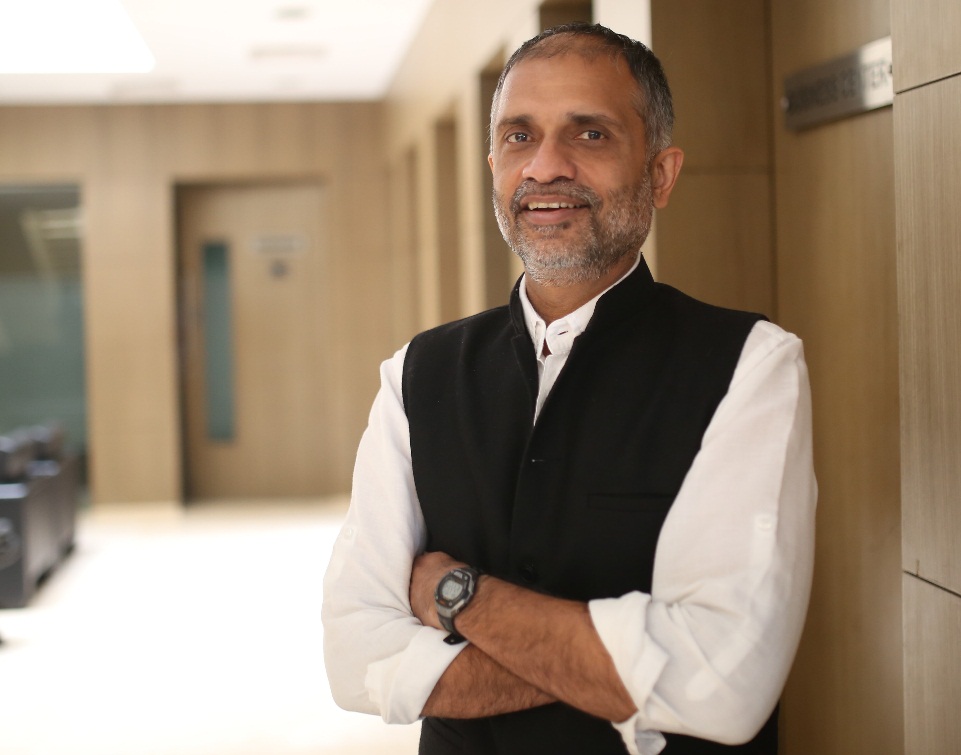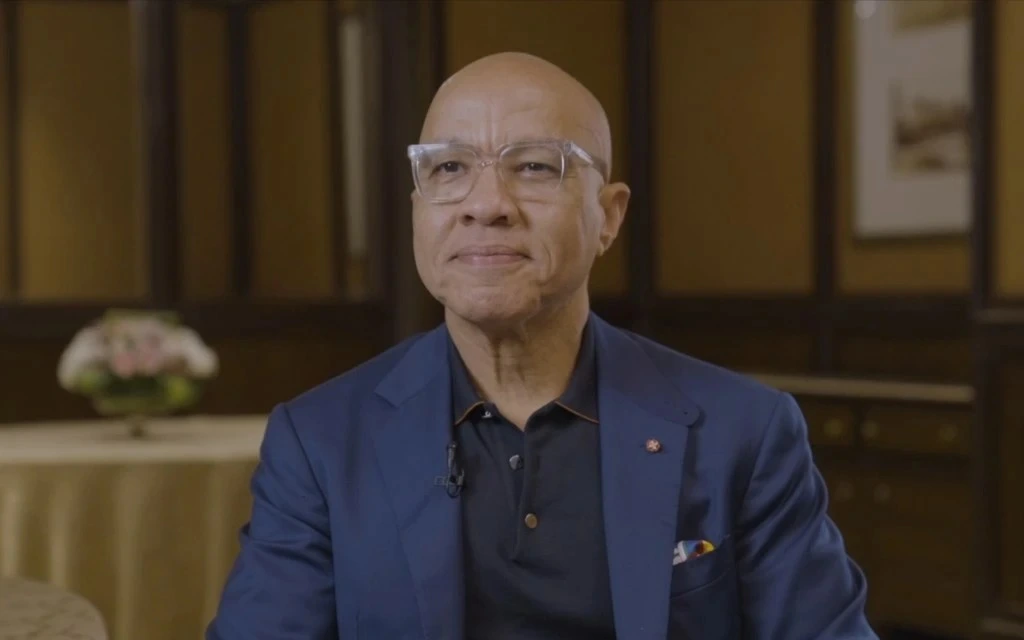Institutions are critical for a sound democracy and the quest towards an equitable society. In our country, in society, in the times we live in, we must recognise—and never forget—the critical role institutions have played in making us who we are today.
The 1950-70s saw large investments in publicly and philanthropically funded institutions of all kinds – those focused on science, research and humanities. However, that trend has now reversed: Not only is there almost no fresh investment in new institutions, there has also been a weakening of existing institutions over the past 30 years.
This has happened due to two reasons:
- With successive governments’ single-minded focus on fiscal deficits, public finances have been under pressure and government funding for institutions has shrunk.
- There is a notion that the market will solve everything and that we do not require investments of other kinds.
Given this context, what can we do?
Don’t depend solely on the government
India’s tax-to-GDP ratio is only 17 percent, one of the lowest in the world; Brazil has around 35 percent, China’s is more than 20 percent. Hence, while we must continue to fight a battle for greater public investment, we cannot as a nation depend entirely on public investment for the development or reinvigoration of our institutions.
Philanthropy, therefore, has to play a very substantial role, as it has in the past. This country would not have had TISS, TIFR, BITS and others, without philanthropy.
Learn from our predecessors
Many of India’s institutions have been funded by several people whose names you do not see. The Nehru Memorial Library and the various Gandhian institutes across the country might have received initial support from the Bajajs, Sarabhais and Birlas at one point, but they were also supported by smaller philanthropists of that period. Essentially, philanthropists occupied this space 50 years ago; it’s time for them to step back into that space.

We need to not only build new institutions, but also support some of the outstanding public institutions that we already have. (Photo courtesy: Mike Lynch)
What does it take?
Recognise that institutions are not self-sustaining; they need long-term philanthropic capital
We cannot set up institutions with the idea that we can give them a grant of INR 3-5 crore for a few years and expect them to become self-sustaining. We have to support the financial model for decades before the organisation can generate goodwill by demonstrating its contribution to society; this, in turn, can help it attract more money. Institutions can only sustain on public or private philanthropic funding; they cannot have revenue models.
Have a very clear and ‘pure’ social purpose
Institutions are not institutions if they are set up for purposes led by the self-interest of the founders. There must be a clear larger purpose, and this can only happen by empowering the institution.
Get good people and empower them
People with the money are not the people who should set up or run institutions. This is an internal battle that philanthropists have to fight within themselves. They must give up the belief that they know how to solve all the problems of the world; they need to develop the humility to accept that despite making tons of money in business, they don’t know how social things operate.
They have to get the right people and empower them. If the likes of Verghese Kurien and Vikram Sarabhai were not empowered, we wouldn’t have the Amuls and ISROs that we are so proud of today.
[quote] Building strong institutions takes money, time, purpose, people and empowerment.[/quote]
Once they are convinced that institutions make a huge difference over the long term, philanthropists must be willing to support institutions whose work resonates with them. And then they have to be willing to rope in the right people to do the actual institution building. Building strong institutions takes money, time, purpose, people and empowerment.
How do we do this?
We don’t have to start from scratch. Support existing institutions
Azim Premji has built or is building many large institutions. Not everyone has to or can do that. Our country has several outstanding public institutions that need support. Kris Gopalakrishnan, for instance, has given a substantial endowment to the Indian Institute of Science, to set up their centre for neuro and brain science research
There are several such publicly funded institutions such as the National Centre of Biological Sciences, the International Centre for Theoretical Sciences and the Chennai Mathematical Institute, who can thrive with financial support. Moreover, the money can go much further since existing infrastructure, resources and outstanding teams will be leveraged.
We don’t have to think big; small can be beautiful
Most of these do not need large endowments of, say, INR 2,000 crore. There are several smaller institutions, especially Gandhian ones, where even an endowment of INR 10-15 crore is a substantial sum of money–it can help sustain them for 10 years. And for most business people INR 15 crore is not a big amount to give.
This article has been written based on an interview conducted with Anurag Behar.





